The following is an excerpt from Learfield and the Internet (1995-2005)
In September of 1995 we received a phone call from Mark Cuban. He and a partner (Todd Wagner) had recently acquired a company called Cameron Audio Networks, named after its founder Cameron Christopher Jaeb. The company had acquired rights to broadcast radio and professional sports games live on the Internet. Cuban wanted to listen to the basketball games of his alma mater, Indiana University. Learfield owned the media rights to IU (and eight other universities and colleges). Cuban renamed his company AudioNet.
From the AudioNet media kit, October 1995:
“AudioNet is one of the most popular destinations on the Internet. People around the world know that when they want their choice of realtime and on demand audio programming there is only one place to go, WWW.Audionet.Com, the world’s first Broadcast Network on the Internet!”
“We offer them realtime broadcasts of radio stations such as KLIF Dallas, KFI Los Angeles, KOA Denver, XTRA San Diego, WQAM Miami, WJFK Washington DC WCKY Cincinnati, with many more to come. The there is the realtime broadcasts of exciting sporting events such as Texas A&M, University of Southern California, Baylor, Southern Methodist University college football, a growing schedule of professional football, baseball, basketball ad hockey, and Indoor Soccer.”
“In addition to sports programming we offer a complete choice of entertaining programming (you) can’t get anywhere else, like the Janice Malone Show, The Mark Cuban Show, Jeffrey Lyons Movie Reviews and Hollywood Reports, Medical Matters, Tech Talk, NetRadio, Geek Free Radio, Legal Matters, NetRadio, Celebrity Interviews with Michelle Pfeiffer, Patrick Swayze, Dustin Hoffman, George Foreman, Gennifer Flowers and much more. What’s even more exciting is that AudioNet is doubling (its) content offerings every month, with new things being added every day. Listeners know to stop by and see what’s new, and they do!”
On November 10, 1995, we met with Mark in Kansas City to discuss how our two companies might work together. It was Clyde, Allen Hammock, Steve Mays and (maybe) Chief Engineer Charlie Peters.
Since Learfield owned the broadcast rights, we couldn’t see the value of what AudioNet brought to the table. At one point Mark walked over to the whiteboard and scrawled some numbers, offering to sell 10% of his new company to Learfield for half a million dollars (others recall the number as one million). Learfield didn’t have the money at the time and really couldn’t see the value of AudioNet in any event. (Cuban sold his company to Yahoo! on April 1, 1999 for $5.7 billion, making it the most expensive acquisition Yahoo! had made at the time.)
In December, 1995, Learfield and AudioNet signed a letter of agreement for Internet distribution of our live college sports programming (PDF – assorted docs). AudioNet provided a minimum of 10,000 RealAudio streams while Learfield provided audio of our football and basketball broadcasts. We were also responsible for development of all content for the websites. Any advertising sold by Learfield, the split was 80/20 (80% to Learfield). If AudioNet sold the ads, the split was 60/40 (60% to Learfield). The term of the agreement was two years.
At some point during our talks with Mark, someone at Learfield asked why we couldn’t just do this on our own. Why did we need AudioNet? I recall Mark explaining he had an arrangement with RealAudio for streaming licenses that no other company could get. That was his edge.

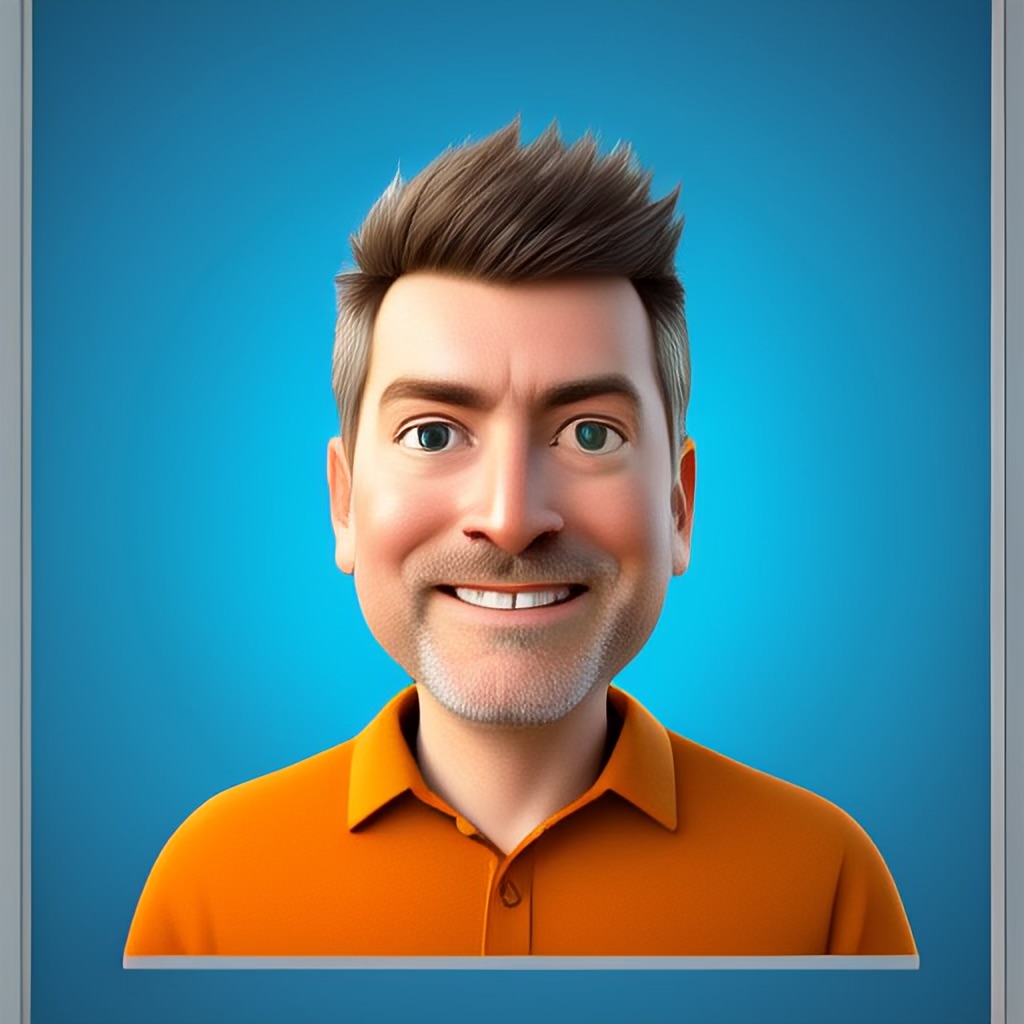

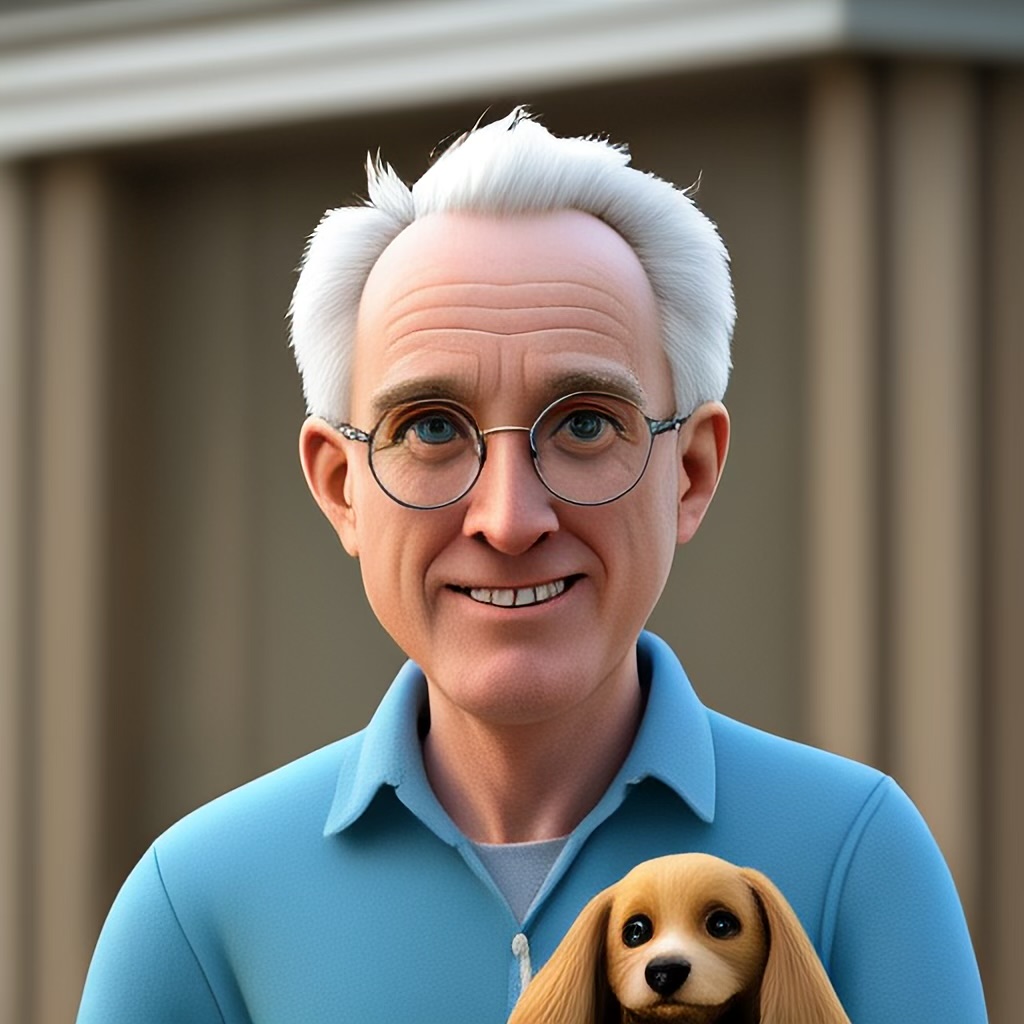


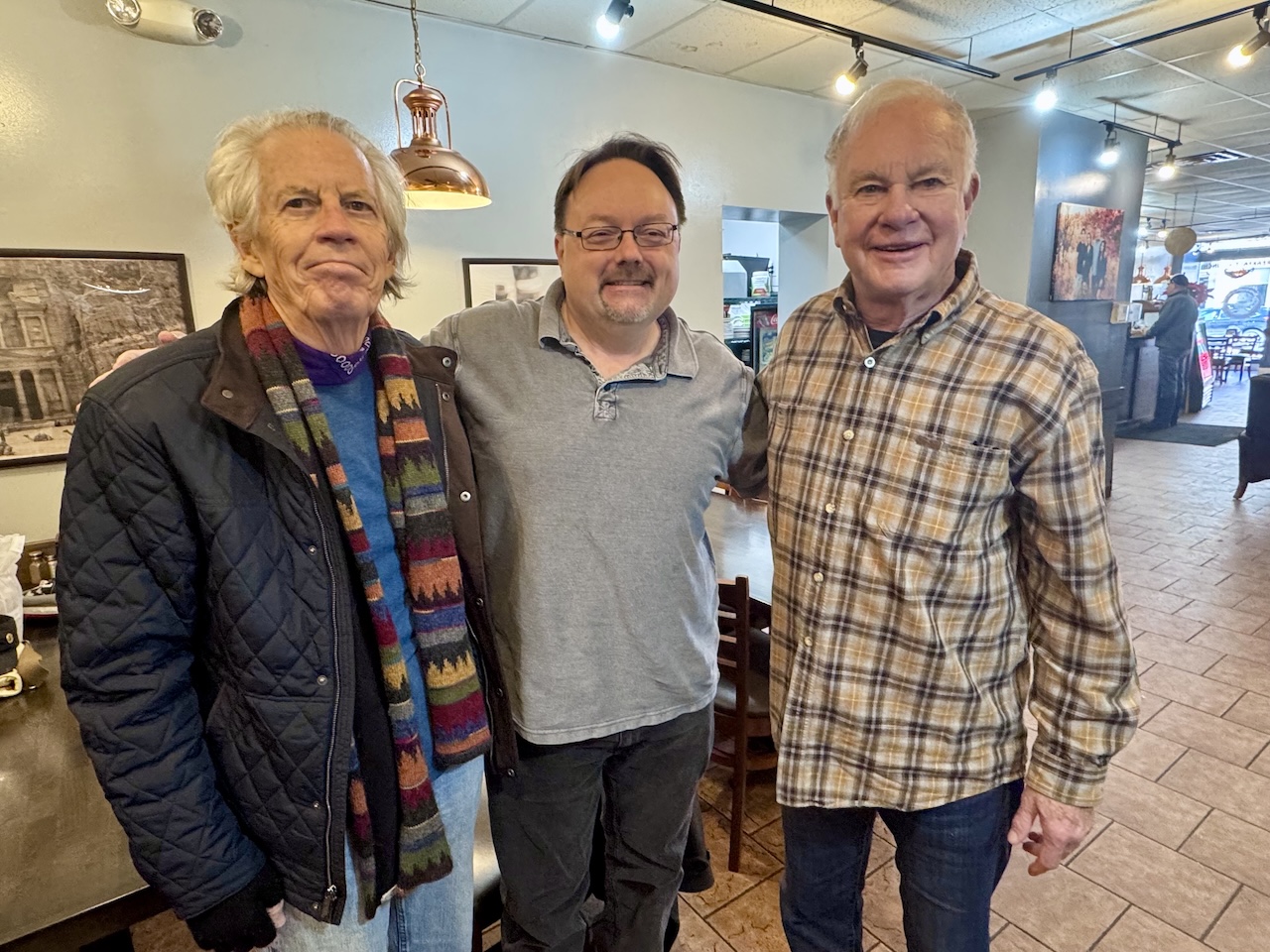
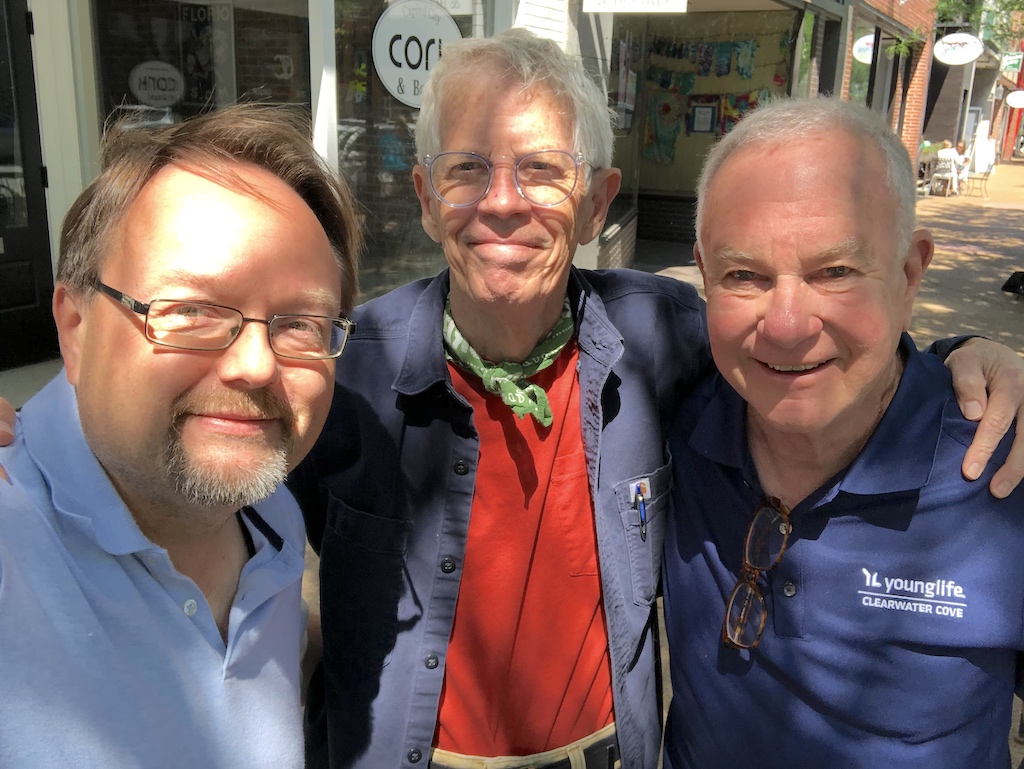
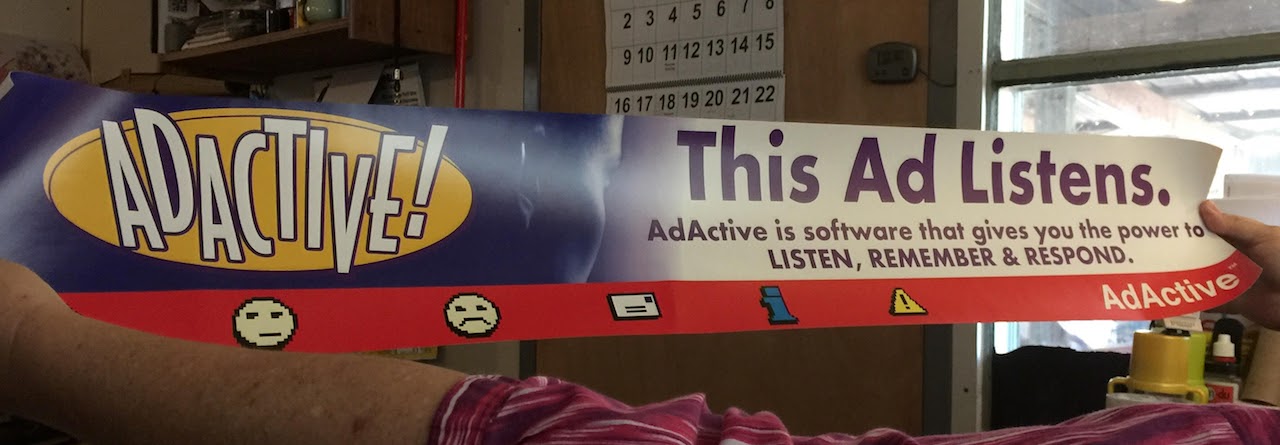 In the late 90’s I played a small part in
In the late 90’s I played a small part in 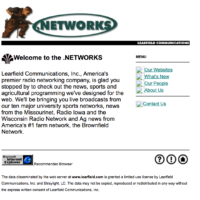
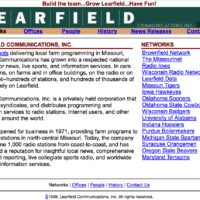
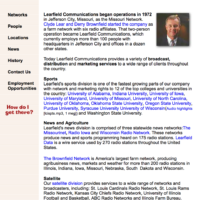
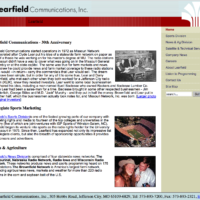
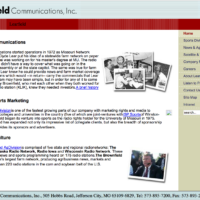
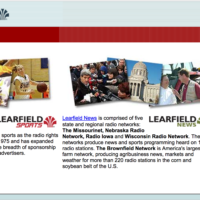
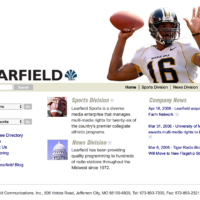
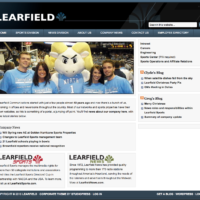
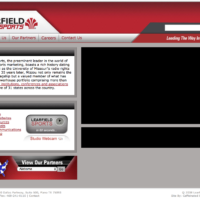
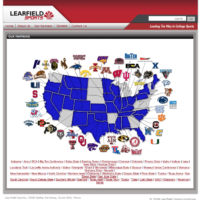
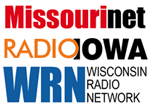 One of the first Learfield networks to have a website was Radio Iowa, our state news network in Iowa. That must have been around 1996 and it was created (using Frontpage) by Dan Arnall and Allen Hammock, a couple college guys we hired to help us figure out “this Internet thing.”
One of the first Learfield networks to have a website was Radio Iowa, our state news network in Iowa. That must have been around 1996 and it was created (using Frontpage) by Dan Arnall and Allen Hammock, a couple college guys we hired to help us figure out “this Internet thing.”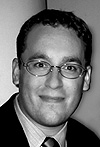 In the mid-90’s (
In the mid-90’s (